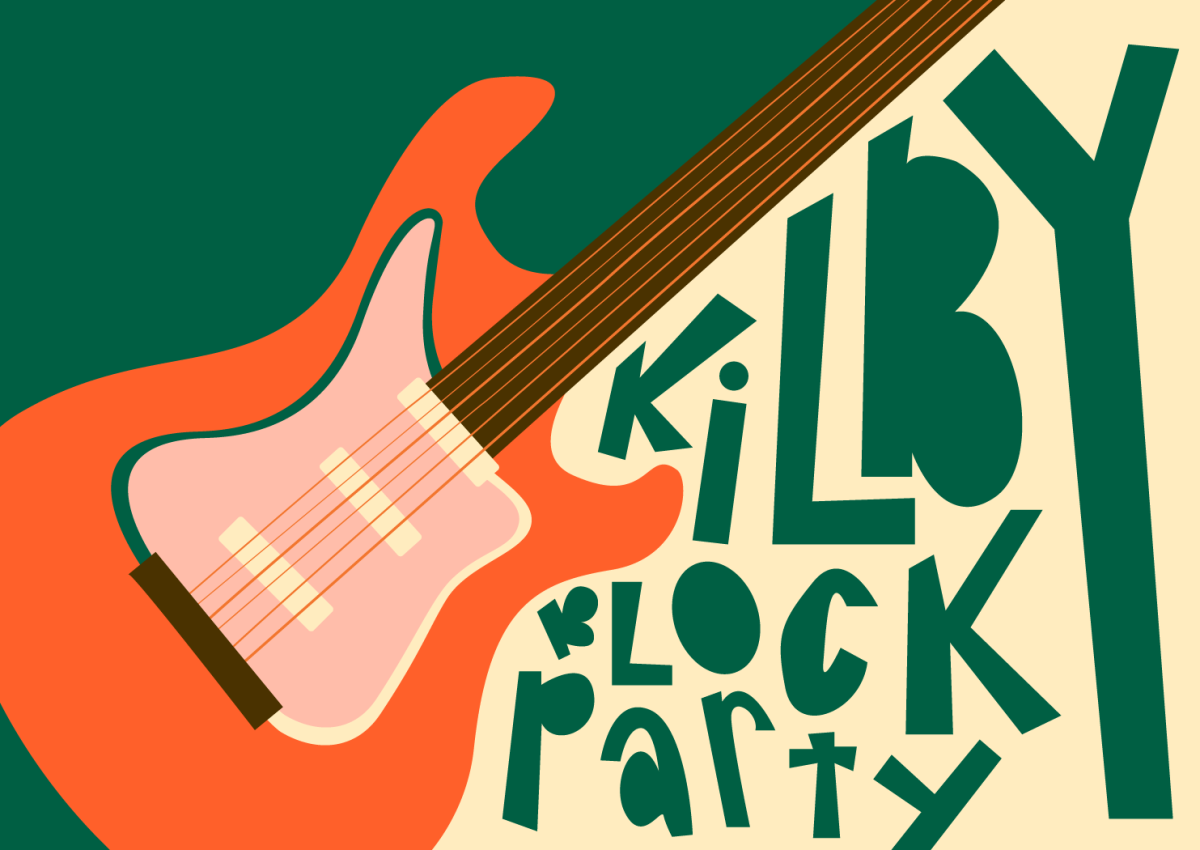
Believe it or not, there may just be a way to make the cost of tuition sustainable and affordable — if not amazingly so. This possible solution is a shockingly obvious idea that has even more shockingly rarely emerged in arena of ever-increasing tuition rates and student debt — rarely emerged, that is, until now.
Oregon legislators have just passed a statewide tuition proposal that enables students to attend any state college or university with no money down. Instead, the student would agree to pay a certain percentage of his or her income for a designated number of years upon graduation. While the details of the proposal are presently quite broad, estimates of the exact amount hover around 3 percent of the student’s income for 24 years.
Essentially, Oregon’s new proposal allows students to view the investment in higher education in the same way we view other investments, such as purchasing a car or a house.
This new tuition model would effectively end student loans and expensive federal aid while simultaneously empowering everyone — absolutely everyone — to obtain a completely affordable college degree because it is dependent on future earnings. And the rising prices of higher education would not unfairly discriminate against those who are economically disadvantaged and cannot afford college tuition.
Of course, the system is not perfect. It may incentivize students who are, for whatever reason, confident about their ability to obtain lucrative incomes, to refuse to go to a public university and instead opt for a private college with more traditional tuition models instead — something that could potentially cripple the financial stability of state schools.
However, this relies on the assumption that one can (accurately) predict his or her future salary, and moreover, that we as students are not risk-averse.
Nobel Prize winner Milton Friedman proposed this idea over 50 years ago. Yale University began experimenting with a program to implement these ideas in the 1970s, but they quickly abandoned the plan once federally subsidized loans were introduced.
That was almost 50 years ago, and the brilliant idea is only now resurfacing. We became complacent with the system and only now, when student debt is over $35,000 per student, are we considering other, more efficient and coherent alternatives.
And we have Oregon to thank for reviving the concept. This progressive and empowering tuition plan that completely removes immediate financial restrictions from the decision to obtain a higher education — and allows every single student in America to attend college — is groundbreaking, especially in modern society.
It is shocking that we have waited so long to take this idea seriously but at least we are finally doing so. Now, it is time for the U, and the state of Utah as a whole, to enter the discussion because we, as students, cannot afford to wait any longer.
Oregon tuition model is brilliant
August 1, 2013










